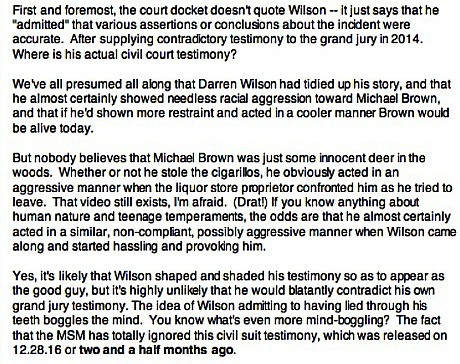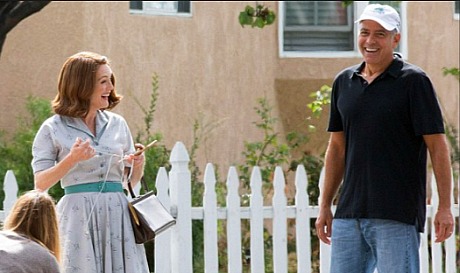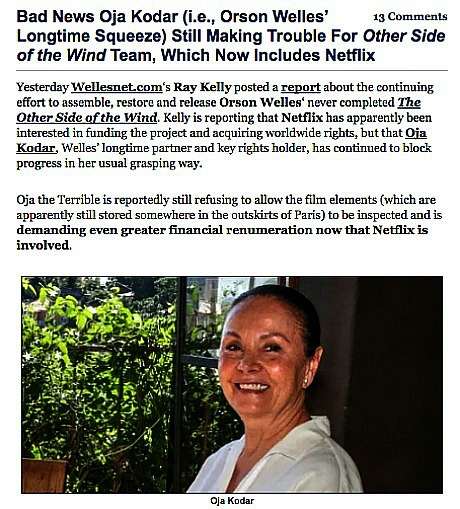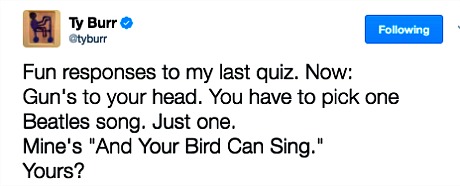Four days ago (3.13) Screen Daily‘s Melanie Goodfellow posted a rundown of possible Cannes 2017 titles. Last night Deadline‘s Pete Hammond and Nancy Tartaglione posted their own forecast. It seems clear already that the festival’s biggest highlights won’t come from the U.S., and that the American-made films that will likely screen are going to rank as good or interesting rather than wowser or earth-shaking.
I’m not calling it another deadbeat Cannes in terms of U.S. entries, but, as I noted a couple of years ago, the counsel of Oscar strategists along with generally cautious instincts across the board have all but killed this festival in terms of potential award-season titles.
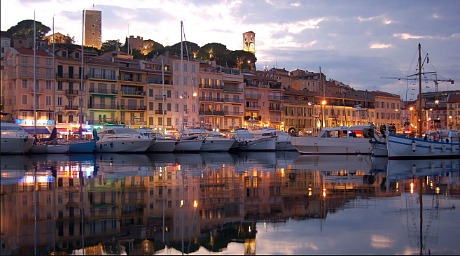
Chris Nolan‘s Dunkirk hasn’t definitely been scratched, but if you know Nolan (fiddle and fine-tune until the very last minute) and Warner Bros. (why risk even a mezzo-mezzo reaction from Cannes’ notoriously picky critics?), you know it’s unlikely. Hammond says festival honcho Thierry Fremaux has been told that Dunkirk, which will open on 7.21, won’t be ready to screen in Cannes in late May. Do you believe that?
My hunch is that while Nolan and Warner Bros. might well have strong cards, they’re scared of Cannes and would prefer to hide their hand until late June or early July, press-wise.
Nolan knows the knives have been out for him ever since the Interstellar debacle of ’14, and particularly the aghast responses when he confessed that he deliberately mixed the sound so that a good portion of the dialogue couldn’t be discerned, which was easily one of the biggest fuck-you messages sent to critics and paying audiences in Hollywood history. This is why people are gunning for Nolan. For years he’s regarded himself as Mr. King Shit, and they want to get him for his aloof Kubrickian airs, for maintaining an image as a Moses-down-from-the-mountain auteurist earth-shaker as opposed to the lithe and nimble-footed guy who made Memento and Insomnia, and particularly for that fucking Interstellar sound mix.
Hammond notes that just as esteemed director Alexander Payne went along with a May 2013 Cannes debut for Nebraska, which subsequently embarked on an award-season march all the way into February 2014, he might also go along with showing Downsizing, a dryly comic sci-fi thing, in Cannes two months hence. I can tell you that Downsizing was all set for a research screening on the Paramount lot two nights ago (Tuesday, 3.14), but they sent out a sudden cancellation notice to those who’d rsvp’ed, only seven or eight hours before the screening.


